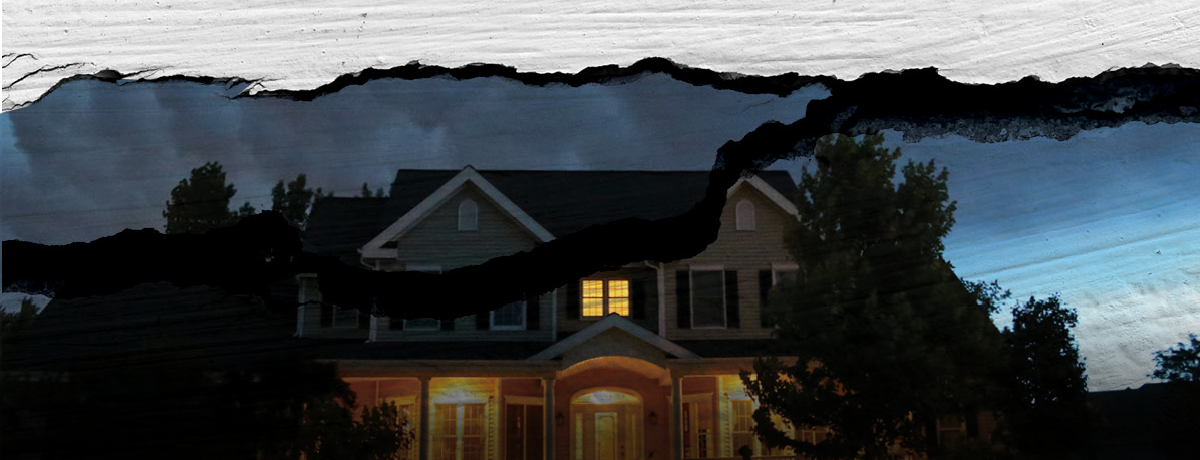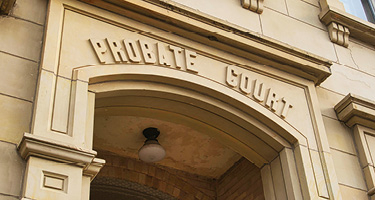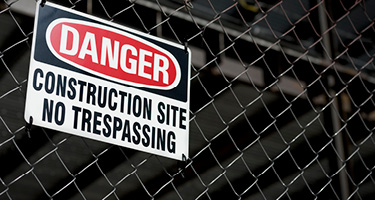For 10,000 years, humans have been living together in organized communities. From the time hunter-gatherers first learned to domesticate crops and animals and established permanent residences, rules have been necessary to maintain peaceful and orderly living within the larger group.
Babylonian king Hammurabi established the earliest known legal codes between 1755 and 1750 B.C. Those codes—literally carved in stone—included laws protecting homeowners from unscrupulous builders, upon punishment of death. Today, more than 3,000 years later, homeowners still need similar protections. Unfortunately, developers increasingly seek to circumvent homeowner-protection laws; the latest trend in that effort is to prevent the establishment of homeowners’ associations (HOAs). Instead, developers are creating “special districts” to govern what would otherwise be “common areas” within a common-interest community and imposing unworkable party-wall agreements on new homeowners.
What are special districts, and how are they changing common-interest property ownership across the country?
A special district (known elsewhere around the United States as a metropolitan district or municipal utility district) is a quasi-municipal corporation created to provide services that the county or municipality does not. It’s essentially a tax-exempt financing mechanism used for construction and maintenance of infrastructure within a given community. Developers are increasingly forming special districts to pass along the cost of a residential-community development to unsuspecting homeowners. In addition, by forming special districts instead of common-interest communities, developers seek to avoid liability for construction defects in the communities they develop.
Special districts are popping up all over the U.S. as an alternative to HOAs. The most recent Census data show that between 2012 and 2017, developers created nearly 270 new metropolitan districts in Colorado and nearly 200 municipal utility districts in Texas. There are currently well over 38,000 such districts throughout the country; Illinois, with an estimated 3,204 special districts, leads the pack.
Why are developers doing this?
We need look only to an article published in 2015 by a prominent law firm that represents developers. The piece laid out “tips and tactics” by which developers could “limit the risks of construction defect litigation.” Tactic No. 1: “Consider using a district in lieu of a common-interest community.” Furthermore, the author suggested “using a party-wall agreement for townhomes and attached homes without establishing a [homeowners association].” By circumventing the protections afforded homeowners when they purchase a residence within a common-interest community, developers make it more difficult for homeowners to hold them accountable for shoddy construction.
Twenty-three states have adopted some form of the Uniform Common Interest Ownership Act or the Uniform Condominium Act to govern the actions of community associations and to provide protections to homeowners. Those laws identify specific triggers for when a developer must turn over control of an association to the homeowners. This limits the length of time a developer can control and manipulate the actions of an HOA. Unfortunately, no such “turn-over triggers” apply to special districts. Developer representatives are often employees of the developer, who appoints them to the board. Accordingly, a developer representative serving on a special-district board can remain in that position for up to eight years unless alternative term limits are imposed. By retaining these board positions for extended periods, developers can deter legal action that might otherwise be taken to hold them to account for defects in the infrastructure or common areas of a given community. The developer can also potentially run out the clock on the statute of limitations on the special district’s claims, thereby evading responsibility entirely.
Most common-interest ownership acts give an association the right to cancel bad contracts that a developer may have entered into on behalf of the association while the developer was in control. This enables an HOA to get out of “sweetheart” deals the developer might have struck with landscapers, cable companies or other vendors. A special district does not have similar powers and is often saddled with the pacts a developer has inked ostensibly on its behalf.
Developers are increasingly forming special districts to pass along the cost of a residential-community development to unsuspecting homeowners."
In Colorado, one metropolitan district has countersued its developer, Stratus Amber Creek, LLC, and homebuilder, Lennar Colorado, for “fleecing” the district out of millions of dollars and using their control over it as a profit center. The district asserted that one of the bonds the developer purchased projected interest returns as high as 74%, or payments totaling a “minimum of $25.8 million on a debt with face value of $1.7 million”—a 1,378% return. Homeowners within the district are now saddled with bond debt for the next several decades.
One resident summarized the deleterious effects: “This will only add to the financial hardship for our community. . . I am at a loss for words as to how this will impact future costs associated with our increasing property taxes, which increased 300% from last year.”
Special districts are intended to fund infrastructure and, over time, its maintenance. They are not supposed to benefit developers to the detriment of homeowners and are certainly not intended to shield developers from liability for construction defects and the consequences of their own avarice. Hammurabi was right. Homeowners still need protection, and developers should not be allowed to evade liability. That said, punishment by death, admittedly, is perhaps a little extreme.
Heidi E. Storz, Esq. is a shareholder at Kerrane Storz, P.C. and has assisted thousands of property owners in Colorado, Texas and Minnesota in resolving their construction defect claims against developers and builders. During the 23 years Heidi has been representing people living with the consequences of defective construction, she has developed an in-depth understanding of the means and methods of construction. This allows her to assemble and manage the most effective teams of forensic experts and, ultimately, to put her clients in the strongest positions possible whether at mediation, arbitration or trial.

































